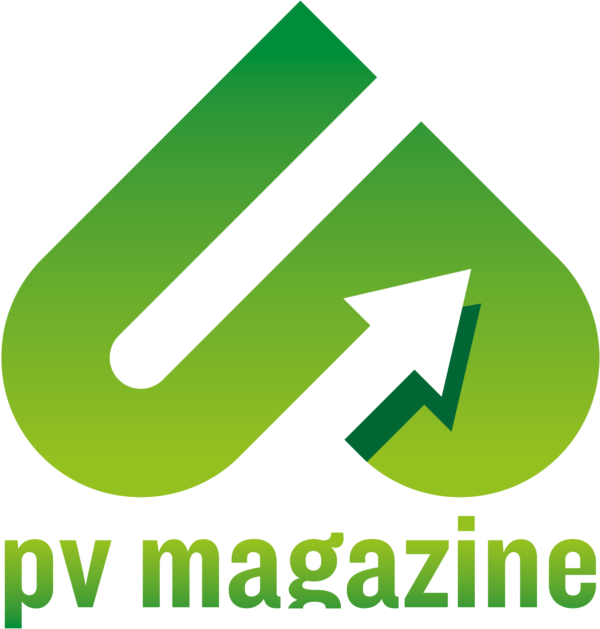 With global companies, their customers, and investors becoming ever more sensitive to environmental, sustainability, and corporate governance issues, the question of where the raw materials and components that become solar panels and batteries come from is an important one. As recent US policies have illustrated, failing to take due care of supply chains can leave companies unable to get their products out of customs and border official lock-ups.
With global companies, their customers, and investors becoming ever more sensitive to environmental, sustainability, and corporate governance issues, the question of where the raw materials and components that become solar panels and batteries come from is an important one. As recent US policies have illustrated, failing to take due care of supply chains can leave companies unable to get their products out of customs and border official lock-ups.
In this quarter, pv magazine‘s UP initiative is focusing on how companies can ensure their components are free of ethical, labor, and environmental concerns, from the moment they are dug up until they are generating or storing clean energy.
Webinar
Responsible solar: enabling true supply chain transparency through comprehensive due diligence
pv magazine 01/2023
Shining a light on supply chains: The drivers for PV supply-chain traceability could rub against a solar industry enjoying a true seller’s market, with demand outstripping supply. However, supply-chain auditing services are gaining support in increasingly regulated environments. pv magazine’s Tristan Rayner has spoken to a number of auditing experts about how they shine a light on often-opaque operations.
Weak green-activity scores offer opportunity: The binary approach and rigor of the taxonomy of sustainable activities drawn up by the EU – which labels business as “green” or not – means companies and asset managers score quite low. The first round of reporting showed wide discrepancies between sectors, with real estate companies reporting an average 84.5% of revenue as potentially green against a score of only 4% for consumer staples. Is that down to the backward state of decarbonization or the Manichean nature of the rules? BloombergNEF’s Maia Godemer takes a look.
pv magazine 02/2023
Charging to sustainability: Not all batteries are created equal when it comes to end of life, recycling, and sustainability. The Global Electronics Council has a leading role in providing ecolabels for solar modules and inverters, but to do the same for batteries is particularly tricky, as acting CEO Carl Smith explains.
‘I want to come back as a…’: The pace of electric vehicle and renewable energy deployment is picking up. In this transition, granting a second life to electric vehicle (EV) batteries will be a breakthrough point, writes Rita Tedesco, from the Environmental Coalition on Standards.
Shaping the EU battery value chain: The new EU Batteries Regulation is a blueprint for product legislation, regulating the whole life cycle of batteries in the European Union. Kinga Timaru-Kast, director of communications for the Recharge advanced rechargeable and lithium batteries association, says that successful implementation of the new regulation requires the prioritization of safety, information reliability, feasibility, market surveillance, and enforcement.
pv magazine 03/2023
Haiti hopes: When Brighten Haiti was launched in 2020, the challenges facing schoolchildren in the Caribbean country were profound. While the organization and its 2022 pv magazine Sustainability Award-winning Solar4Schools program are set to address some issues, the security and economic situation in the nation has deteriorated even further, as Brighten Haiti founder Kevin Keene tells Jonathan Gifford.
Out of the starting blocks: The EU is finally pulling together a response to US President Joe Biden’s Inflation Reduction Act, and the financial support promised – plus a mooted premium-quality label for European solar products – might just get Europe back in the race, as SolarPower Europe’s Dries Acke reports.
Conflicting reports: Environmental, social, and corporate governance reporting is becoming more commonplace for solar and energy storage companies, and that can mean conflict with wider economic and political dynamics.
Back to the UP Initiative feature page
This page was last updated on March 14, 2023.